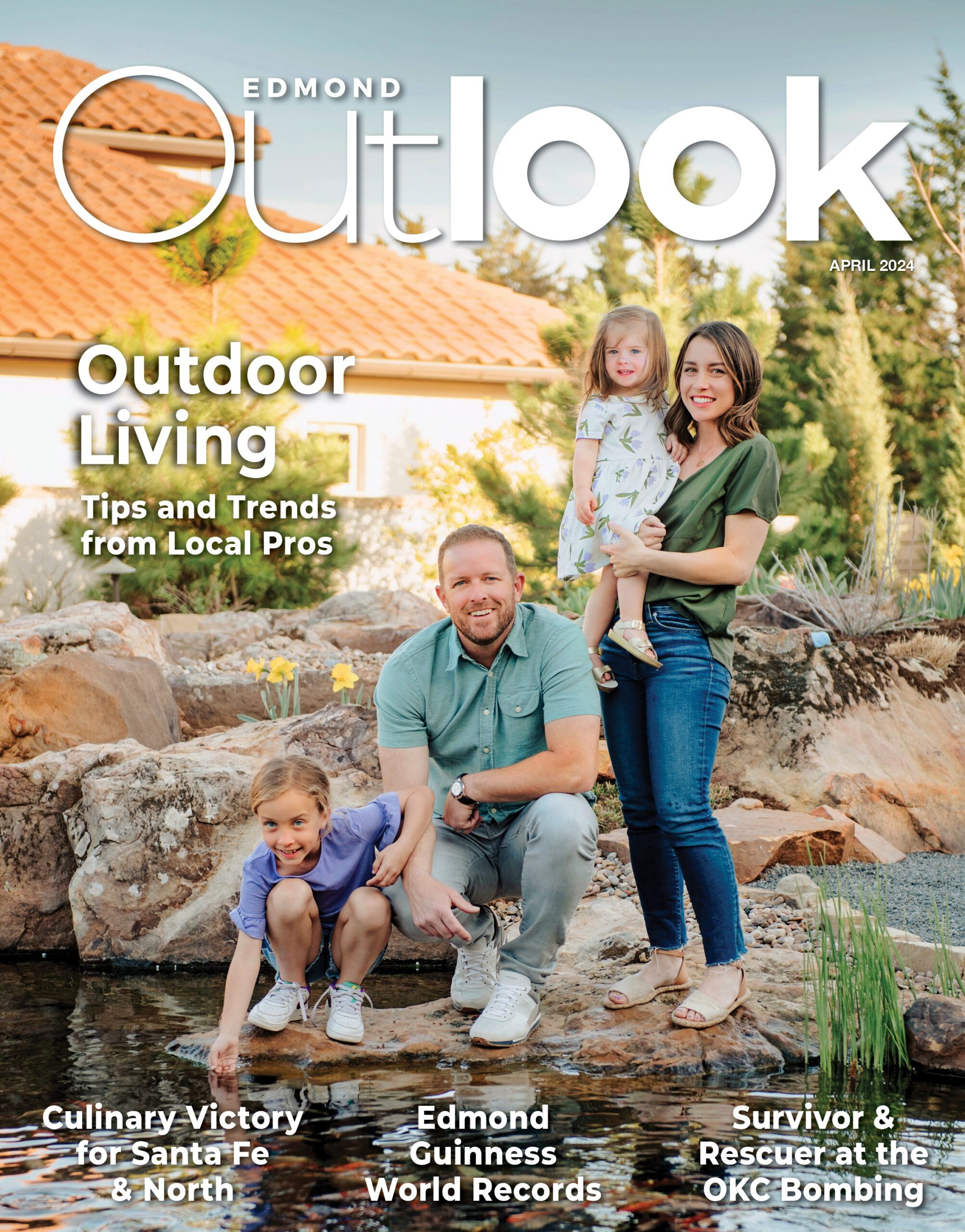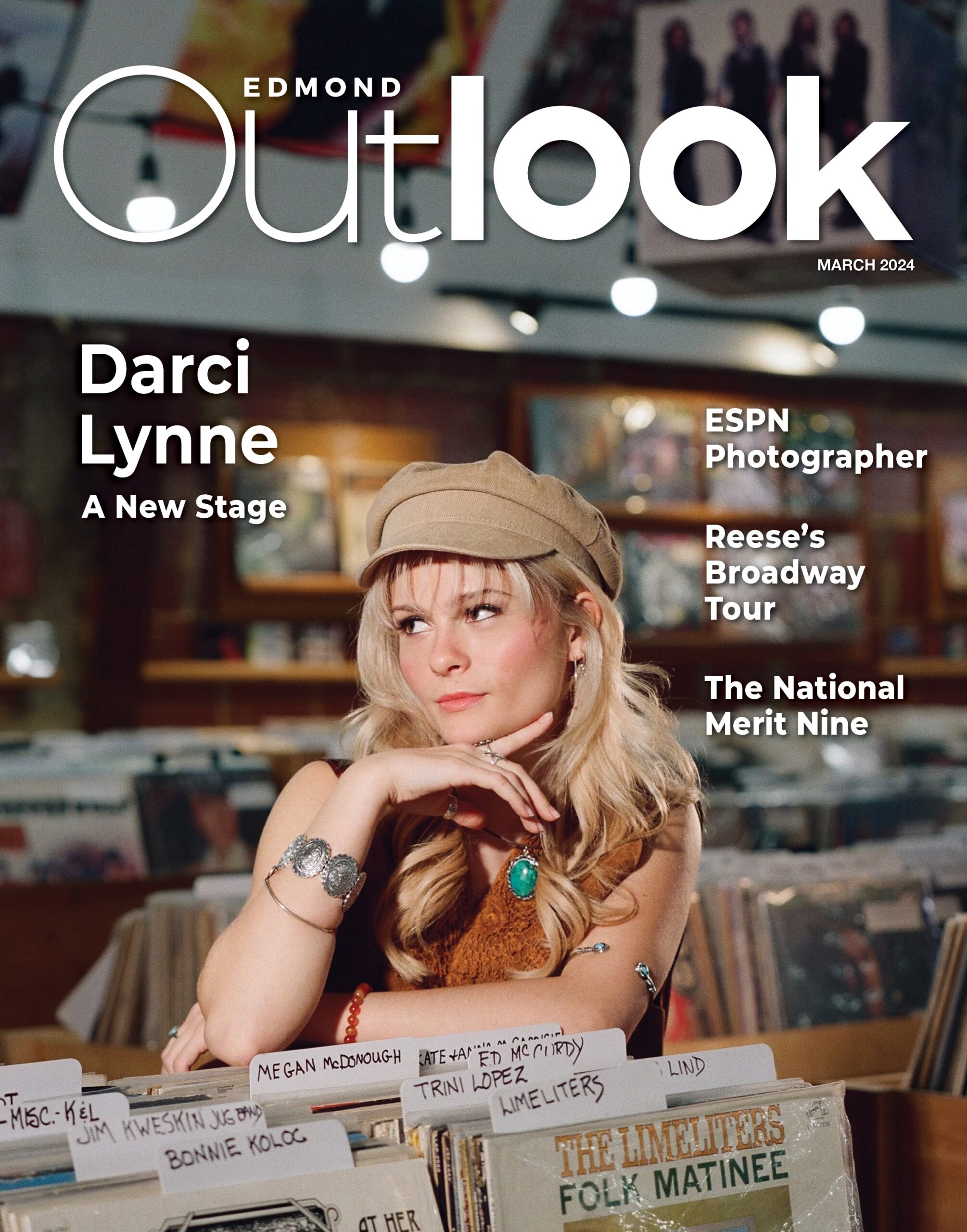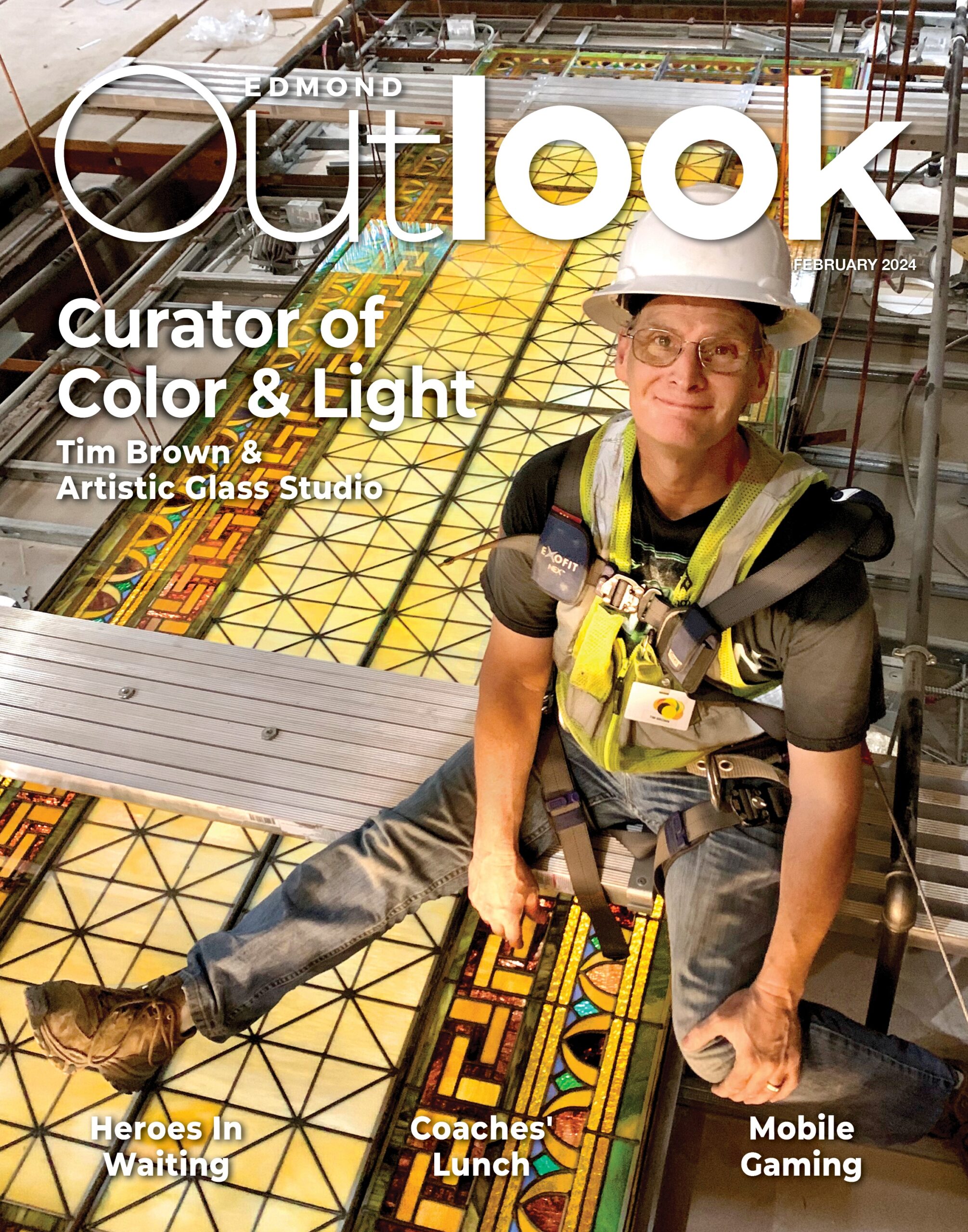The Godfather of OCCC
The film business is one of the hardest in America to get into. Thousands wait in line to get noticed. Gray Frederickson, the godfather of Oklahoma City Community College’s film program wants to shorten the distance between the line and the camera for upcoming Oklahoma filmmakers.
Frederickson recruited writer and director, Greg Mellot, to head up the film program. “He built this program from nothing,” Mellot says. “This building wouldn’t exist, this whole place wouldn’t exist if Gray hadn’t started the program. This is the house that Gray Frederickson built. For all the students it’s great because you’re making a difference in someone’s life. You’re bringing them a measure of happiness, of succes, of fulfillment that helps them.”
An Oklahoma native, Hollywood was never a part of Frederickson’s aspirations as a kid. There were no film schools, acting classes or screenplay writing workshops. Selling popcorn at the local theater was the closest a kid from Oklahoma ever got to Hollywood.
But after graduating from OU, Frederickson bummed around Europe for awhile until he ended up in Rome – the center of the European film world. He free fell into the scene, meeting and becoming friends with Clint Eastwood. The two formed a partnership, worked on “The Good, The Bad and The Ugly” together, and then travelled to Hollywood to develop feature films with each other.
“We were developing things and I was going to produce some of his movies, but I got an offer to produce a movie with Robert Redford called, ‘Little Fauss and Big Halsy.’” After its release, Paramount Pictures offered him a then unknown film called “The Godfather.”
“That’s where I met Francis Coppola and we became partners for 25 years. That’s how I got started doing all the Coppola movies from ‘The Godfather’ and ‘Apocalypse Now’ to ‘The Outsiders’ and ‘One from the Heart.’” During his Hollywood career Frederickson was nominated for four Academy Awards and won an Oscar for best picture for “The Godfather: Part II.”
Frederickson has fond memories of working with Hollywood’s best actors and directors – and the pranks they pulled on the sets. “James Caan and Robert Duvall – when driving home from the set – would drive past us and they’d all moon us out the window as they passed us. So Brando, not to be outdone, decided that he’d moon them on the set of the wedding, the big wedding scene in ‘The Godfather.’ And he got up and mooned everybody – all the extras
and everybody.”
Few with a resume like Frederickson’s would leave Hollywood, but he moved back to Oklahoma to raise his new family. “In the late 90s I got married and had two kids and I thought this was a nice place to raise them,” he says. “Plus, I was getting burnt out so I brought my family back here and started working with the state to help its motion
picture industry.”
That work translated itself into the new film program at OCCC, where Frederickson saw the potential of teaching students every aspect of filmmaking. Under his direction over the last two years, OCCC built an entire, state of the art film studio. It features a 6,000 square foot soundstage with cutting edge lighting, a green screen and every other piece of equipment a filmmaker would find in a Hollywood studio.
Still in its infancy, the school is already producing the next generation of Hollywood players. Some students have moved on to work on shows such as “24,” “Without a Trace” and “Two and a Half Men.” Others have stayed closer to home, finding their niches at OETA, Channel 9 and other local stations. Several students also won prestige and recognition at Oklahoma’s premiere film festival, deadCENTER.
Frederickson’s not just sending Oklahoma to Hollywood – he actively works to bring Hollywood to Oklahoma. “The hope for Oklahoma is that some of these young filmmakers coming out of OU or OCU make hit films and then make their movies here,” says Frederickson. “That’s what happened in Austin with Rodriguez and Linklater and with John Hughes in Chicago when he made ‘Home Alone’ and other movies there. People want to go where they grew up and if we get somebody like that we could launch a mini-industry here.”
“Teaching students is fun,” says Frederickson. “I get to share my stories and my experience and it’s rewarding seeing them win things like at the deadCENTER film festival. Plus, they’re being employed everywhere, all over the country, just working and getting paid. That’s the whole goal because it’s really hard to get jobs in this industry. It’s a great opportunity for them to have that world opened up for them and have it really be a possibility.”


